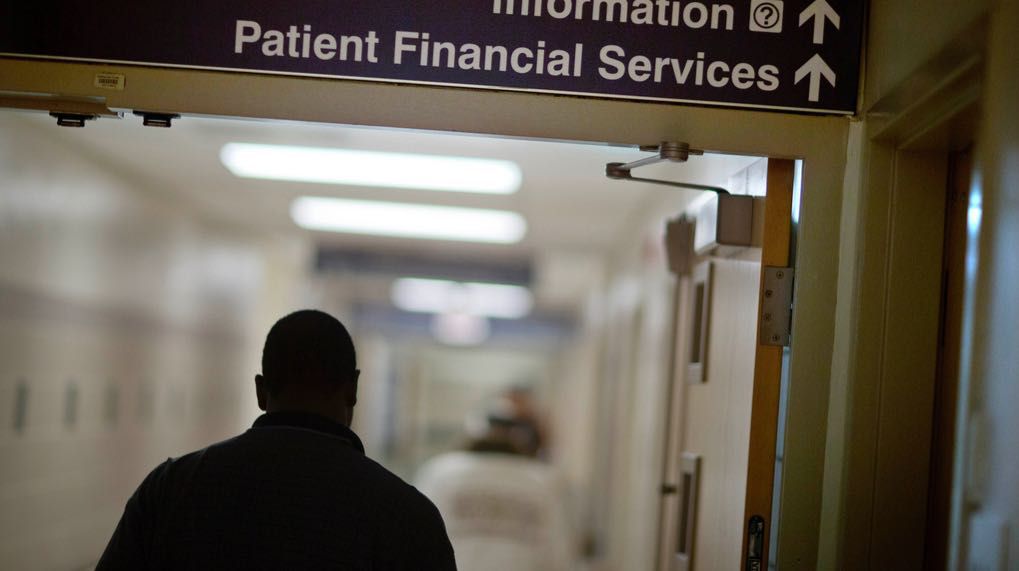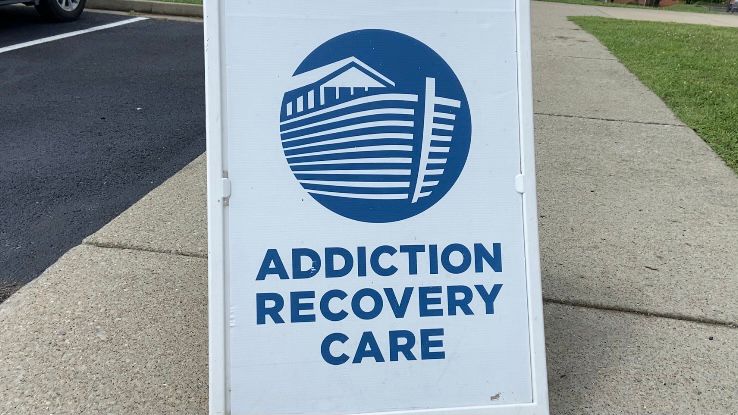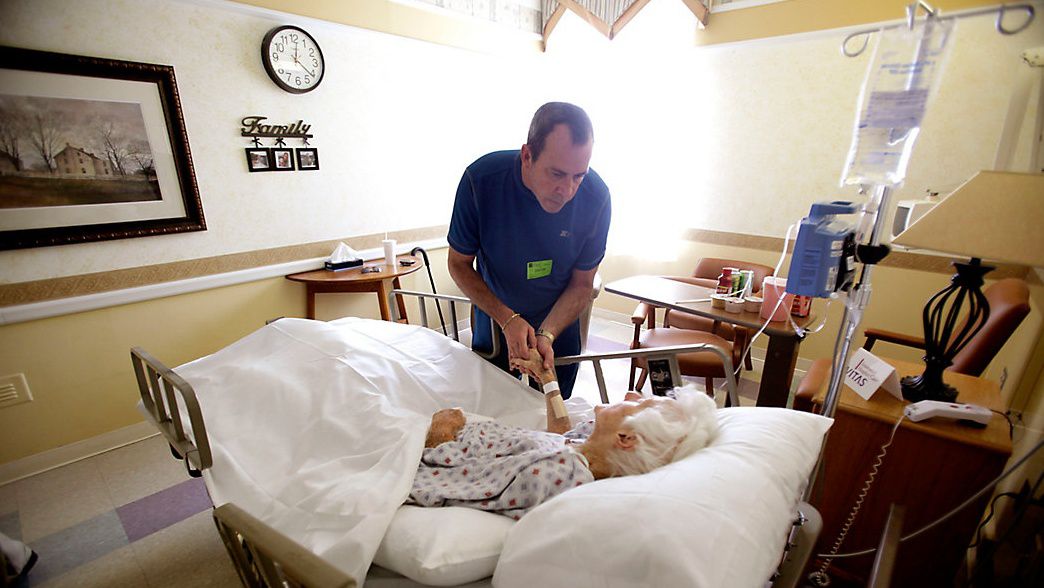Even before COVID-19, the need for mental health professionals who could treat children was skyrocketing. The need now is greater than ever.
With school in New York set to open next week, Capital Tonight spoke with an expert from Project TEACH who explained why kids have mental health challenges, and what’s being done to provide help.
Dr. David Kaye is a professor of psychiatry at the Jacobs School of Medicine and Biomedical Sciences at the University at Buffalo.
“Project TEACH has been in existence since 2010 when the [New York State Office of Mental Health] recognized that the demand for mental health services for kids was far outstripping the supply of professionals, and in particular, child psychiatrists,” Kaye explained.
Project TEACH engages primary care physicians, clinicians, pediatricians and family doctors to help them to meet the growing need for child mental care. The program was recently expanded to address issues related to maternal mental health.
“We trying to help them (physicians), teach them, to fish, as it were,” explained Kaye. “We do this by providing consultation, providing education and training and providing support with linkage and referral assistance.”
It works like this: Doctors who need help dealing with a patient contact Project TEACH via the website (below), and they are provided real-time assistance, Monday through Friday 9 a.m. to 5 p.m., from a child psychiatrist or a reproductive psychiatrist, whichever is called for.
According to Kaye, children today are more in need of mental health supports than those who grew up in the 1970s and 1980s.
“No question. There’s an increase. It’s been documented for 10 or 15 years now, even before COVID,” Kaye explained. “And since COVID, there’s been an even greater recognition in a number of studies that have documented the tremendous rise in emergency room visits for kids.”
There are multiple reasons behind the increase, from the advent of social media to climate change to the pandemic.
“The whole world has been in tumult for this period of time, and that, of course, affects kids,” Kaye said.
For more information on Project TEACH, visit https://projectteachny.org/. If you are a clinician, you can also request services by calling 855-277-7272 or email info@projectteachny.org.







)

